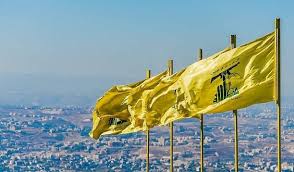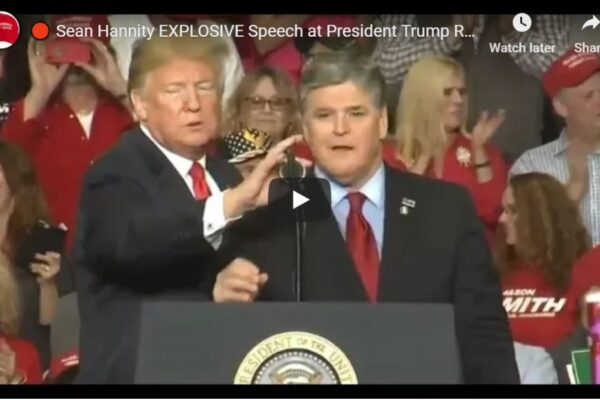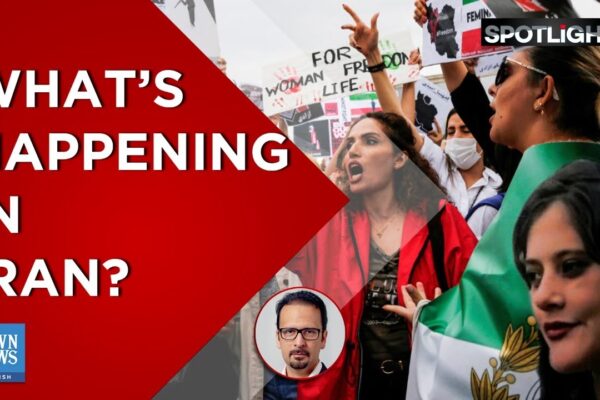
Introduction
Hezbollah, a Lebanese militant group and political party, has significantly influenced the Middle East’s geopolitical landscape since its formation in the early 1980s. Understanding Hezbollah’s role is crucial, especially given its involvement in various regional conflicts and its relationships with global powers. This article examines the recent developments involving Hezbollah, outlining its military capabilities and political leverage.
Hezbollah’s Origins and Development
Founded in 1982 in response to the Israeli invasion of Lebanon, Hezbollah began as a militia aiming to resist foreign intervention. With support from Iran and Syria, it has evolved into a robust political and military force, securing representation in the Lebanese parliament and maintaining a powerful armed wing. Today, Hezbollah is perceived as a significant player in Lebanon and a formidable force against Israeli operations.
Current Events and Conflicts
Recent escalations along the Israel-Lebanon border have drawn international attention, particularly following Israel’s military operations in Gaza. Hezbollah has demonstrated a willingness to engage, conducting cross-border operations that have stirred fears of a broader conflict. In late September 2023, Hezbollah launched a series of drone and rocket attacks targeting Israeli military positions, prompting retaliatory strikes that heightened tensions across the region.
Moreover, Hezbollah’s involvement in the Syrian Civil War has solidified its military experience and operational capabilities. Reports indicate that Hezbollah forces have played a pivotal role in supporting the Assad regime, providing a demonstration of their extended reach and military logistics.
Global Implications
The group is viewed with concern by Western nations, particularly the United States, which designates Hezbollah as a terrorist organisation. Its links with Iran and ability to mobilise Shiite support across the region further complicate efforts to curb its influence. The ongoing rivalry between Iran and Saudi Arabia has also contributed to the geopolitical tensions surrounding Hezbollah.
Conclusion and Future Outlook
Hezbollah stands as a potent force in both Lebanese politics and broader regional conflicts. Its military actions have implications not only for Israel and Lebanon but for the stability of the entire Middle East, especially with evolving alliances. As Hezbollah continues to consolidate power, monitoring its actions is pivotal for understanding the balance of power in the region. Analysts predict that Hezbollah will remain influential in subsequent years, adapting to the changing dynamics of Middle East politics and military engagements.
You may also like

The Significance of the West in Today’s World

Understanding the Current Political Landscape in the UK

Current Events: What’s Happening in Iran
SEARCH
LAST NEWS
- Remembering Wendy Richard: The Promise to Co-Star Natalie Cassidy
- How Did Anglian Water Achieve an ‘Essentials’ Rating for Mental Health Accessibility?
- Shai Hope Leads West Indies in T20 World Cup Clash Against South Africa
- What We Know About Weston McKennie: Future at Juventus and Past at Leeds
- What We Know About the Upcoming Live Nation Antitrust Trial